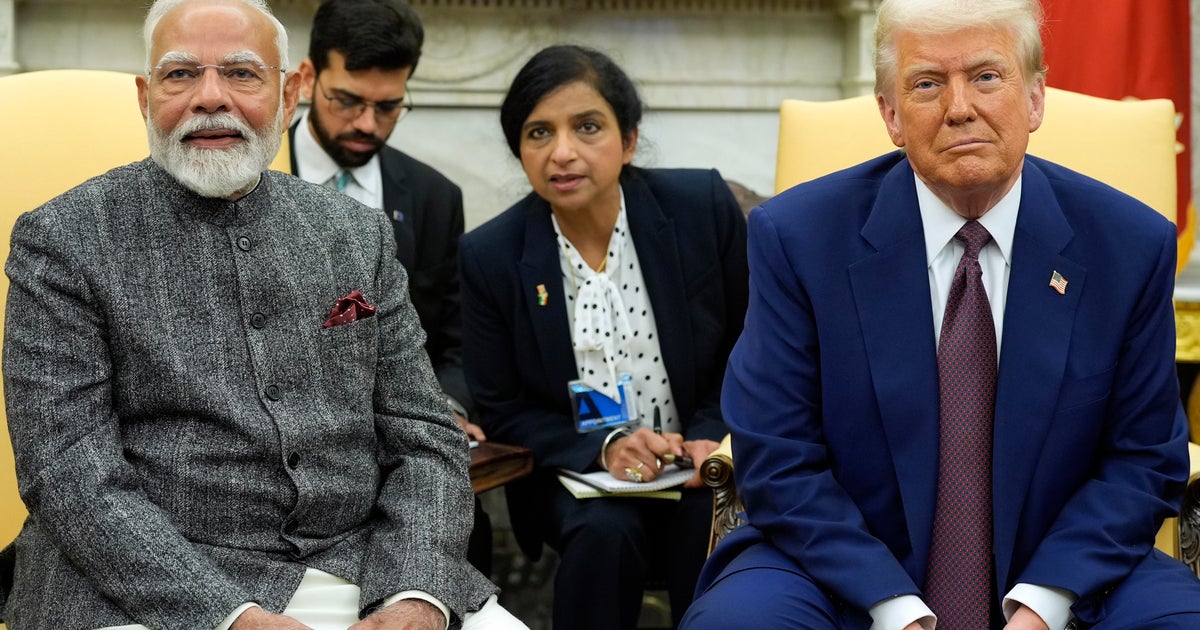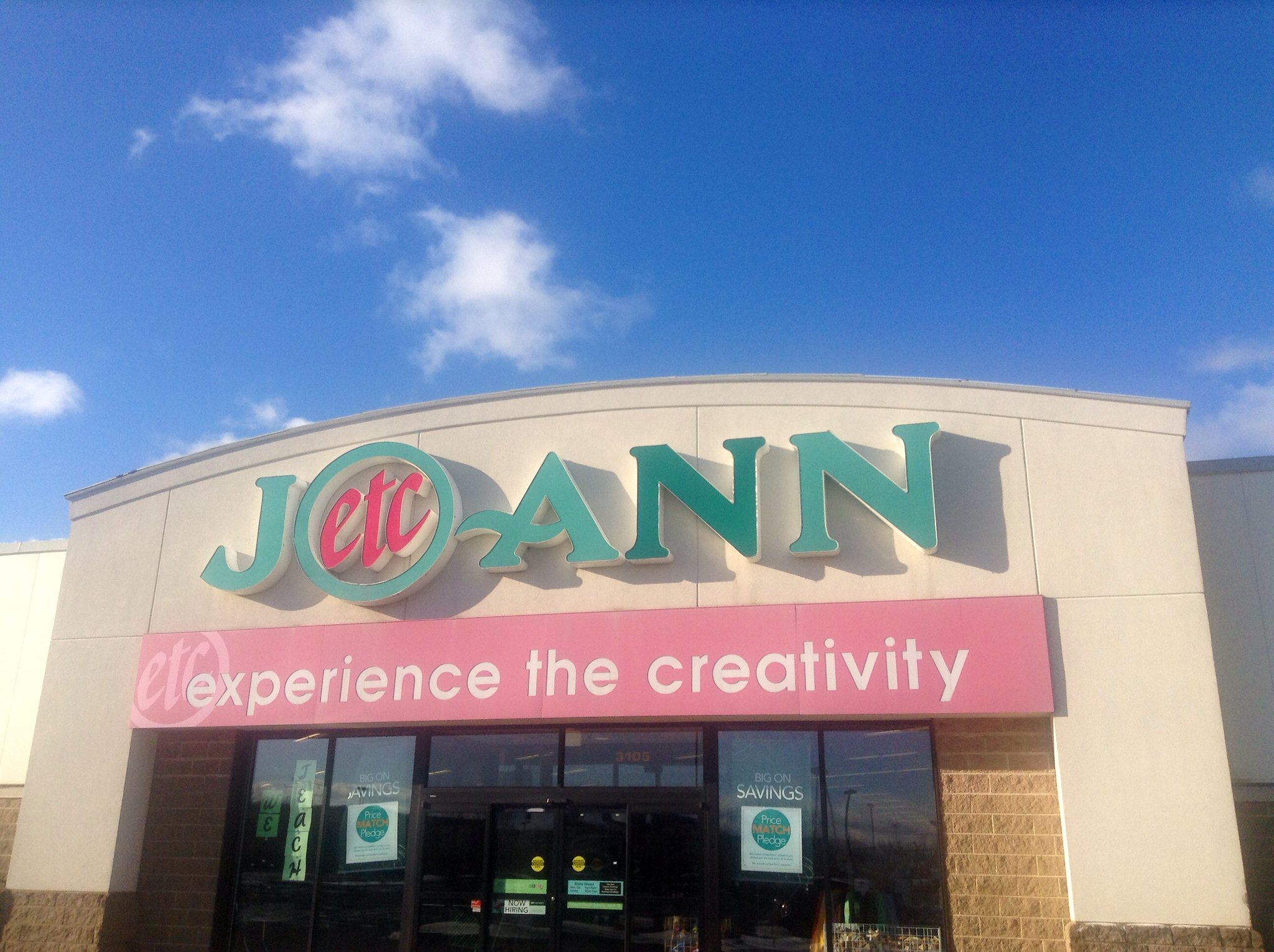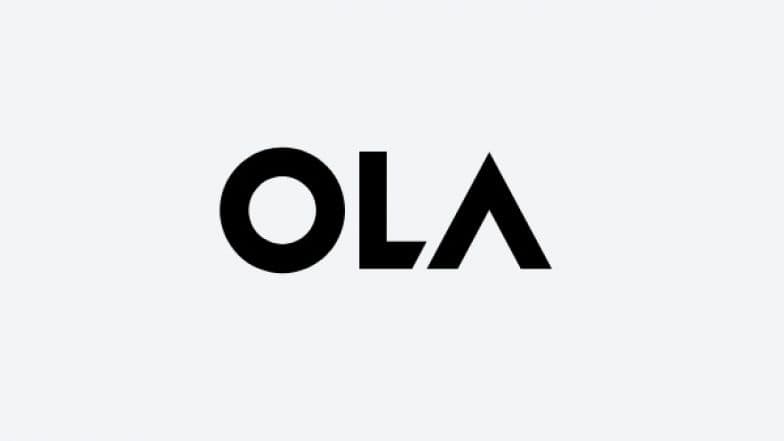The slight improvement in the Transparency International (TI)’s 2024 Corruption Perception Index (CPI) released on Tuesday is attributable to factors including increased prosecution of corruption suspects and assets recovery, according to the Civil Society Legislative Advocacy Centre (CISLAC), the local representative of TI in Nigeria.
PREMIUM TIMES reported on Tuesday that Nigeria has climbed from 145 to 140 out of 180 countries on the global corruption index.
Nigeria added one point to its score in last year’s assessment, bringing its total in the 2024 CPI to 26 out of a possible 100.
This performance is well below the Sub-Saharan Africa average of 33 points and the global average of 43 points.
As a result, Nigeria ranks among the most corrupt countries in the world, falling within the group of over two-thirds of countries that scored below 50.
X-raying Nigeria’s performance in the 2024 CPI’s report on Tuesday in Abuja, CISLAC’s Executive Director, Auwal Rafsanjani, said increased high-profile investigations and a stronger commitment from law enforcement agencies despite persistent institutional challenges contributed to the result Nigeria recorded in the latest edition of the annual ranking.
“A growing number of high-profile cases are being investigated, and some brought to court, signalling renewed commitment from law enforcement agencies despite the obstacles they sometimes encounter,” Mr Rafsanjani said.
“The ICPC and EFCC have made efforts in recoveries, preventive and punitive measures, and collaborations with other stakeholders. However, it is important to highlight that these agencies need to thoroughly investigate and prosecute high-profile individuals without political interference.”
Asset recovery and transparency gains
Mr Rafsanjani added that Nigeria’s strides in recovering and repatriating stolen assets also contributed to its ranking.
Notably, he recalled that cooperation with France facilitated the retrieval of funds looted by former dictator Sani Abacha, while a recent partnership with the United States led to the repatriation of $52.88 million linked to former petroleum minister Diezani Alison-Madueke.
“Aside from international cooperation, domestic efforts to recover assets by various government agencies have also been commendable,” Mr Rafsanjani added. “However, these recovered assets must be managed effectively for the benefit of ordinary citizens.”
He said another key driver of Nigeria’s improvement is the role of investigative journalism and civil society advocacy in exposing corruption and holding public officials accountable.
“The media, civil society, and citizens have become key pillars of Nigeria’s democracy,” said Mr Rafsanjani.
“Through their complementary efforts, they have constantly put the government on its toes by highlighting issues that threaten national interests of the country.”
He stated that digitisation of governance processes, including digital tax collection and procurement systems, has also enhanced transparency and reduced opportunities for bribery.
The gaps
Also presenting part of CISLAC’s review of Nigeria’s performance, Umar Yakubu, Executive Director of the Centre for Fiscal Transparency and Public Integrity, pointed out that a compromised judiciary undermines accountability and fosters impunity.
“A corrupt judiciary and compromised legislature erode public trust,” Mr Yakubu noted.
He recalled the March 2024 report of the UNODC which said that 20 per cent of Nigerians who interacted with the judiciary were asked to pay bribes.
He also referenced the ICPC’s National Ethics and Integrity Compliance Code which revealed widespread non-compliance with anti-corruption policies across government institutions.
He lamented that many key government appointments are often based on personal or ethnic affiliation.
He also decried how individuals facing corruption allegations continued to secure influential public positions while whistleblowers lacked legal protection.
“The absence of a Whistleblower Protection Law discourages citizens from reporting corruption,” Mr Yakubu added.
“Nigeria, Africa’s largest oil producer, continues to lose significant revenue to oil theft, with little accountability on how funds are managed.”
Other gaps
A report by UNODC said corruption in public procurement takes many forms, such as bribery, embezzlement and abuse of functions.
Mr Yakubu noted that corruption in the power sector and government procurement remains a pressing issue. Despite billions of dollars in investments, Nigeria’s national grid remains unstable, with multiple nationwide blackouts recorded in 2024 alone.
He said electricity tariffs keep rising even as millions of Nigerians receive less than 20 hours of power daily.
“Additionally, corruption in procurement persists despite the existence of the Public Procurement Law, with compliance levels remaining abysmally low,” he said.
In his own contributions, Adeyemi Adesomoju, Deputy Managing Editor at Premium Times, drew a link between shrinking civic space and democratic decline, which inhibits the capacity of citizens to hold public officers accountable, and high corruption perception in the country.
He identified other factors to include opaqueness of public institutions, corruption in the security sector, wasteful expenditure and opaqueness of public institutions.
Role of digital governance in curbing corruption
Another governance expert from Accountability Lab, Friday Odeh, said the adoption of e-governance solutions, digital tax collection, and automated procurement processes would enhance transparency and reduce opportunities for bribery.
“Public monitoring using digital tools, artificial intelligence, and open data systems has increased fiscal responsibility.
“For example, journalists in Plateau State recently uncovered irregularities in a primary healthcare project through digital tracking tools,” he said.
Folashade Olanrewaju from the Socio-Economic Rights and Accountability Project said non-compliance with the Freedom of Information Act (FOIA) limits public access to key government contracts, especially in the oil and gas, infrastructure, and social protection sectors.
Recommendations
In their recommendations, CISLAC and TI called for the full implementation of digital transparency tools to monitor public spending.
The civil organisation demanded whistleblower protection laws to safeguard those exposing corruption.
They also called for strict asset management policies to prevent recovered funds from being relooted.
Nigeria’s CPI score has averaged 21.48 from 1996 to 2023, reaching an all-time high of 28 points in 2016 and a record low of 6.9 points in 1996.
Support PREMIUM TIMES’ journalism of integrity and credibility
At Premium Times, we firmly believe in the importance of high-quality journalism. Recognizing that not everyone can afford costly news subscriptions, we are dedicated to delivering meticulously researched, fact-checked news that remains freely accessible to all.
Whether you turn to Premium Times for daily updates, in-depth investigations into pressing national issues, or entertaining trending stories, we value your readership.
It’s essential to acknowledge that news production incurs expenses, and we take pride in never placing our stories behind a prohibitive paywall.
Would you consider supporting us with a modest contribution on a monthly basis to help maintain our commitment to free, accessible news?
Make Contribution
TEXT AD: Call Willie – +2348098788999







